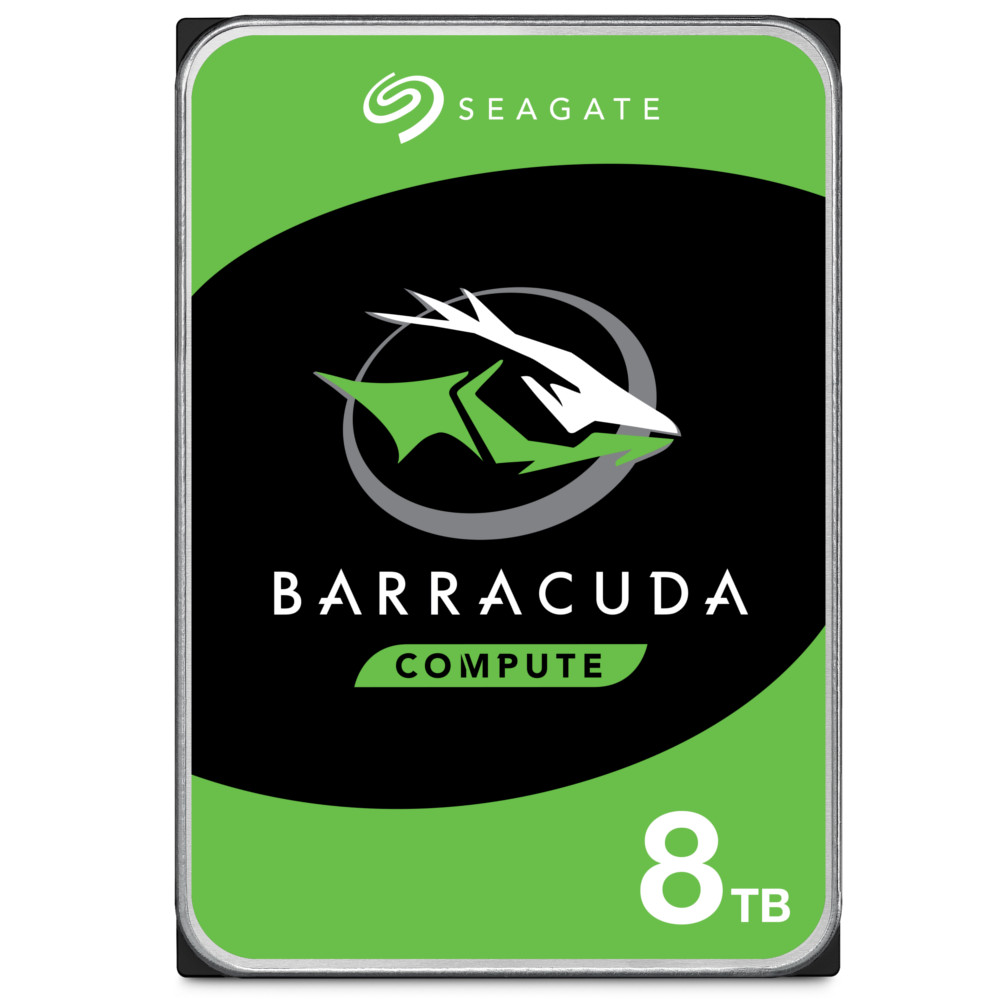Associate
- Joined
- 8 Jan 2011
- Posts
- 372
- Location
- London, UK
Hi all, would love some advice please. I am pondering what sort of storage I need. I have a large amount of personal data (family photos, etc), some work backups, media files, and a very big Steam collection.
I am debating how to currently store all this. My currently solution is an external hard disk enclosure running in RAID1 which has 12tb. This is not networked.
I have some this data spread over several disks on my desktop PC. So, some of the data is ‘back up’ on the external disk, whilst some of the data on the external disk is only held there.
I feel like I need more storage capacity. Although I don’t think I need to spend hundreds of pounds storing Steam libraries on expensive disks, the flip side is I’d like this data to ideally be accessible via a network - media files, family photos, etc.
I’ll also be adding a second PC in the house and ideally I would want to have global access to all of this data.
Putting budgets aside for one sec, what is the best way to structure this and what is the best solution to accommodate this scenario.
My current thinking is to get a 4 or 5 bay network disk enclosure, and take out the two drives from my existing external disk and supplementing it with two more, to create two separate raid 1 disks (utilising the 4 disks). Although have also been intrigued by to so called efficient of RAID5 vs RAID1 in terms of use of disk space (RAID1 being least efficient).
Would love some advice to help determine the best solution! Much appreciated.
I am debating how to currently store all this. My currently solution is an external hard disk enclosure running in RAID1 which has 12tb. This is not networked.
I have some this data spread over several disks on my desktop PC. So, some of the data is ‘back up’ on the external disk, whilst some of the data on the external disk is only held there.
I feel like I need more storage capacity. Although I don’t think I need to spend hundreds of pounds storing Steam libraries on expensive disks, the flip side is I’d like this data to ideally be accessible via a network - media files, family photos, etc.
I’ll also be adding a second PC in the house and ideally I would want to have global access to all of this data.
Putting budgets aside for one sec, what is the best way to structure this and what is the best solution to accommodate this scenario.
My current thinking is to get a 4 or 5 bay network disk enclosure, and take out the two drives from my existing external disk and supplementing it with two more, to create two separate raid 1 disks (utilising the 4 disks). Although have also been intrigued by to so called efficient of RAID5 vs RAID1 in terms of use of disk space (RAID1 being least efficient).
Would love some advice to help determine the best solution! Much appreciated.



